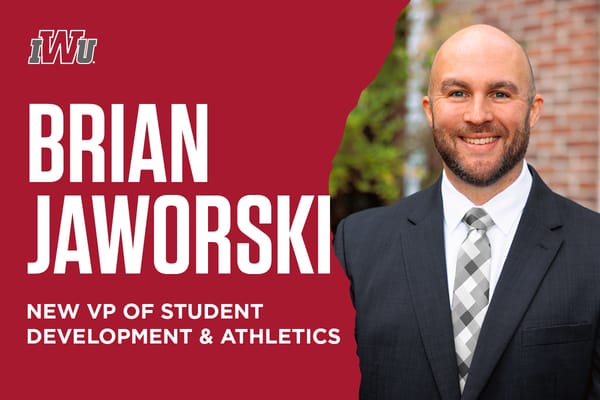How to Prepare for Grad School: Tips for Applying
Let’s face it: getting ready for graduate school can be daunting.
By: Emily Dexter & Jake Hreha
Let’s face it: getting ready for graduate school can be daunting. There are many steps to check off the list as you complete your application, and then still more once you’re accepted to a graduate program. The process of getting a master's degree is challenging enough so we hope to help make that process a little bit simpler.
To help you prepare for the next stop on your educational journey, we’ve compiled a list of tips to keep you focused — both before and during the application process. Here are some helpful tips for applying to graduate schools.
Tips for Before You Apply:
Before you start putting together your application, answer these two questions:
- Why do you want to go to grad school?
- What colleges and universities do you want to apply to?
Having a solid answer to why you want to earn a degree can help you plan for the future with greater clarity. It can also keep you motivated — both as you apply and as you move through your classes.
Remember that graduate programs can be quite different from undergraduate programs. Graduate students have to manage more difficult coursework, while also balancing the other responsibilities in your life, like raising a family, navigating a career, and dealing with renting or home ownership. If you don’t have a strong motivation for earning your degree, it could be difficult to keep up your momentum in the face of these challenges.
Take time to consider how you navigated your undergraduate degree. What were some of the biggest challenges you faced? Did you struggle to stay motivated? These are just a few of the questions to ask yourself when considering grad schools. Because of the increased difficulty of graduate school programs it's important to be honest with yourself and how you will do as a graduate student.
As you explore why you want to go to graduate school, think about your field of interest. What are you most passionate about? What do you plan to do professionally after you graduate? These answers can help you narrow down which schools might be the best fit for you. Many graduate programs offer courses and coursework that is built to help you reach your goals.
Consider writing out a personal statement to help you stay motivated as you apply to graduate schools. This can be a visual reminder so you accomplish your goals even when there are stressful moments. In your statement you can write down the names of faculty members who have encouraged you on your journey to grad school, a particular program you are pursuing, and your plans after your master's program. This statement can be a great resource of motivation when it begins to feel difficult.
Remember to start your college search broadly and consider more than just college rankings. It's important to look at the details when it comes to your graduate degree. Here are some questions prospective students should ask about the schools you’re considering:
- Who would be your potential supervisors?
- Are the professors still engaged in their industries?
- What kind of research are professors conducting? Are you interested in the same areas?
- What courses does the graduate program offer?
- Where is the program located? Are there online or hybrid options?
- What types of financial aid does the program offer? Are any teaching or research assistantships available? What about work-study programs?
As you consider the last question in that list, be sure to make a plan for how you’ll pay for graduate school. You can look into federal student aid and explore what scholarships are available to you.
Tips for the Application Process:
Maybe one of the best tips for applying to grad school is to start the application process early. The Princeton Reviewrecommends beginning your preparations in May if you’re hoping to submit your application by December deadlines.
Make sure you have plenty of time to communicate with schools’ admissions offices and other specific departments. You can also connect with current or former students for advice and insight, and visit the campus (if you’re attending an in-person or hybrid program) to get a better feel for the school.
You’ll also want extra time to assemble your application materials. Send out requests for your letters of recommendation ahead of time, and start preparing early for the GRE General Test or any other standardized tests you’ll need to take. You can always follow up with the admissions office after you’ve applied to make sure the school has received all your required materials on time.
We wish you the best of luck in your application journey! If you’re looking for a graduate program that fits into your busy life and meets your needs, visit our Programs Page to explore your options today. And once you’ve been accepted to your program of choice, come back to learn more tips for preparing for grad school (coming soon!).
Emily Dexter
Copywriting and Marketing Assistant, IWU-National and Global
Emily Dexter is currently a senior at Indiana Wesleyan University, where she majors in English and writing. She is passionate about all things literary, and in her free time enjoys reading good books, attempting new art projects, and exploring the natural world.
Jake Hreha
SEO Copywriter, IWU
Jake Hreha is a graduate of Ball State University, where he majored in advertising with a concentration in media presentation and design. He is passionate about design, and in his free time he enjoys cycling, traveling, and reading.




